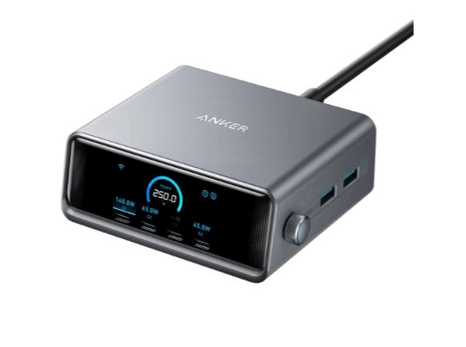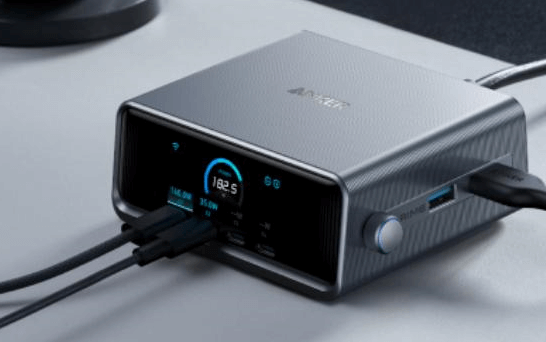
Can Type C Chargers Improve Your Device’s Battery Life?
Type C chargers have rapidly become the standard for charging devices, from smartphones to laptops. Their widespread adoption is primarily due to their efficiency, speed, and universal compatibility. However, a critical question remains: can these chargers actually improve your device’s battery life? Understanding the impact of charging technology on battery health is crucial for maximizing the lifespan and reliability of your devices. Battery longevity doesn’t merely depend on how often you charge but also on how you charge. Type C chargers, with their advanced technology, offer potential benefits for enhancing battery life. This article will explore the mechanics behind type c charger, its impact on battery health, and how adopting this technology might lead to improved device performance and longevity.
Facts about Improving Your Device’s Battery Life
Understanding Type C Charging Technology
Type C charging represents a significant evolution in charger design and functionality. Unlike its predecessors, the Type C connector is reversible, allowing for easy and convenient connections. More importantly, it supports higher power levels and faster data transfer rates. The USB Power Delivery (PD) standard, often associated with Type C, enables devices to charge more quickly and efficiently by delivering up to 100 watts of power. This higher power capacity allows devices to charge at optimal speeds without overheating, which is crucial for maintaining battery health. Moreover, Type C’s bi-directional capability means that your device can not only receive power but also supply it to other gadgets, creating a versatile charging ecosystem.
Impact on Battery Health
Charging speed and heat generation are two major factors influencing battery health. When using a Type C charger, the efficiency of the charging process is significantly improved. The intelligent power delivery ensures that the correct amount of power is supplied based on the device’s current needs. By optimizing power flow, Type C chargers reduce unnecessary stress on the battery, preventing harmful overcharging and overheating. Overcharging is a common issue with older charger types, leading to battery degradation over time. Type C chargers mitigate this risk through smart power management. They are equipped with technologies that detect when the battery is nearly full and reduce the charging speed accordingly. This feature helps maintain the battery’s chemical integrity by preventing the high temperature conditions that typically occur during charging.
Practical Benefits and User Experience
For the everyday user, the benefits of using a Type C charger extend beyond just enhanced battery life. The convenience of fast charging can be a game-changer for anyone with a busy schedule, as it allows for quick top-ups throughout the day. This means less time tethered to an outlet and more time using your device as intended. Additionally, the universal compatibility of Type C chargers simplifies the charging process across multiple devices. This not only reduces clutter but also eliminates the need for multiple chargers. Whether you’re charging a laptop, tablet, or smartphone, a single Type C charger can handle the task efficiently, making it an ideal choice for travelers and tech enthusiasts alike.

Conclusion
Incorporating Type C chargers into your daily routine offers more than just convenience and speed. By understanding and leveraging the advanced technology behind these chargers, users can genuinely enhance their device’s battery life. The intelligent power management and efficient energy transfer reduce the risks of overcharging and overheating, key contributors to battery degradation. As technology continues to evolve, adopting Type C charging solutions represents a forward-thinking approach to maximizing device longevity and performance. Embrace the shift to Type C to experience not only immediate charging benefits but also long-term improvements in battery health.




